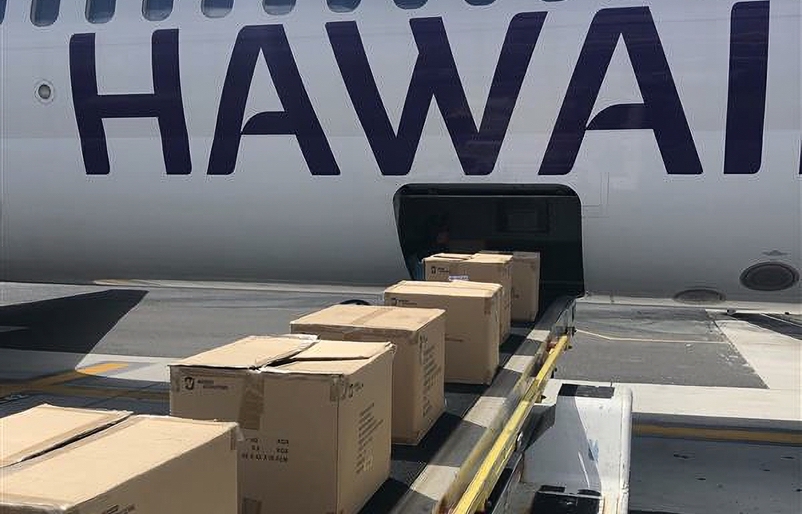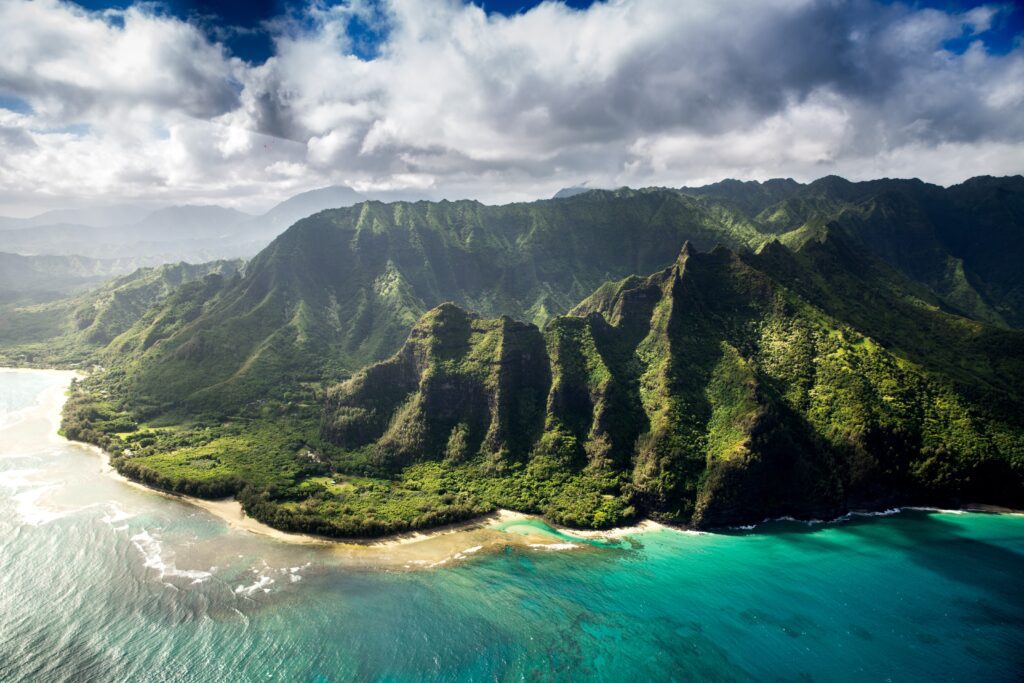Maui’s western region will be fully reopened to the public on November 1, Maui Mayor Richard Bissen announced on Monday. The reopened will area span Kahana to Ka’anapali. Only burned-out sections of the historic Lahaina will remained closed.
The reopening date will be nearly three months after the devastating wildfires in West Maui that started on August 8. The wildfires caused the deaths of nearly 100 and displaced thousands of people.
The November 1 date is meant to signal a time when businesses and workers can make their preparations, said Bissen. Maui’s tourism sector faces a long road to recovery. In the wake of the fires, tourists and tour operators canceled trips, airlines reduced their flights, hotel occupancy rates nosedived and unemployment soared.
Many hotels in Maui are currently sheltering the nearly 7,000 displaced residents, none of whom will lose their housing, said Bisen. “The Red Cross has assured me that housing for displaced Lāhainā residents, including those staying in hotels, is not in jeopardy,” he said.
Government officials initially planned to reopen West Maui in three phases. The first phase started on October 8 with the area from Ritz-Carlton, Kapaula to Kahana Villia being re-opened to the public.
The timeline change came about after repeated discussions between the mayor’s Lahaina Advisory Team, the American Red Cross and other partners, as well as community feedback about the first phase of the reopening.

